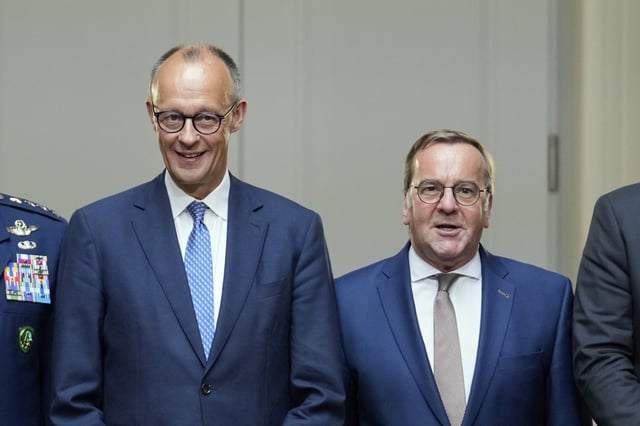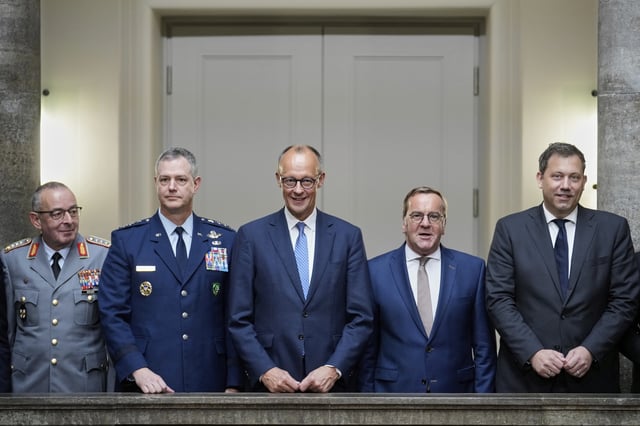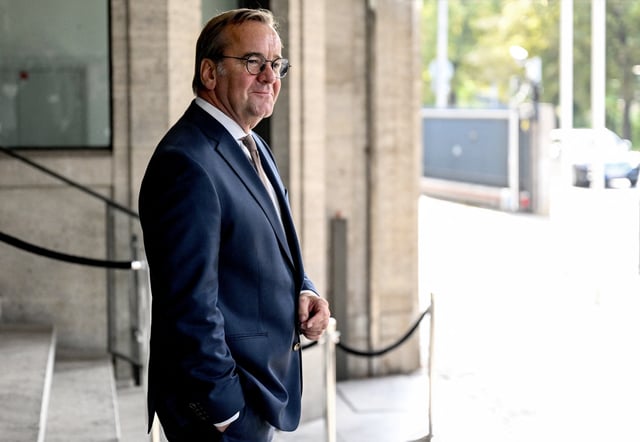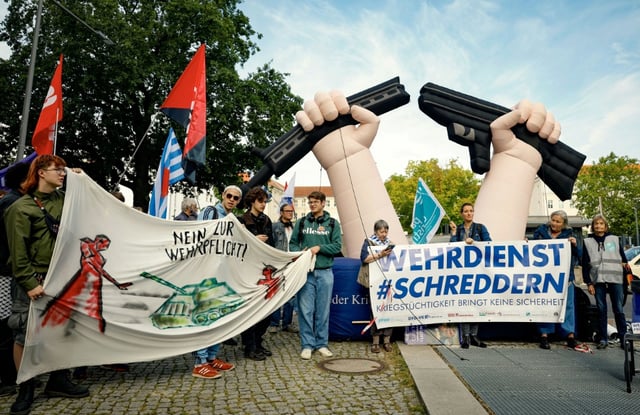Overview
- From January 1 next year, all 18-year-olds will receive a service questionnaire that is mandatory for men and voluntary for women, assessing willingness and fitness to serve.
- Beginning July 1, 2027, all 18-year-old men must undergo a medical examination even if they do not sign up, while military service itself remains voluntary under the draft law.
- The government is targeting about 260,000 active soldiers and roughly 200,000 reservists by the early 2030s, with training periods of six to 23 months and incentives such as a minimum €2,300 monthly salary, free healthcare, accommodation and rail travel.
- Conservative leaders question whether the voluntary system can meet targets and press for an easier return to conscription, while officials caution that shortages of barracks and trainers limit how quickly draftees could be absorbed.
- The plan won cabinet approval at a meeting held at the Defense Ministry after a security briefing from NATO’s European commander, and the government also cleared the creation of a National Security Council and new force-protection measures.



